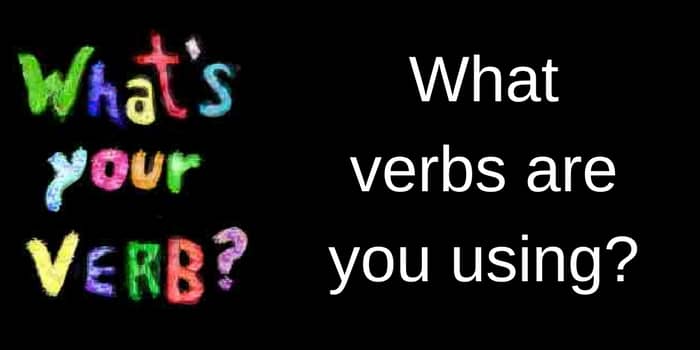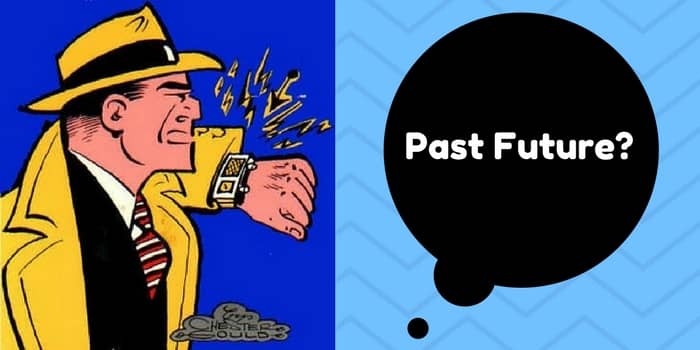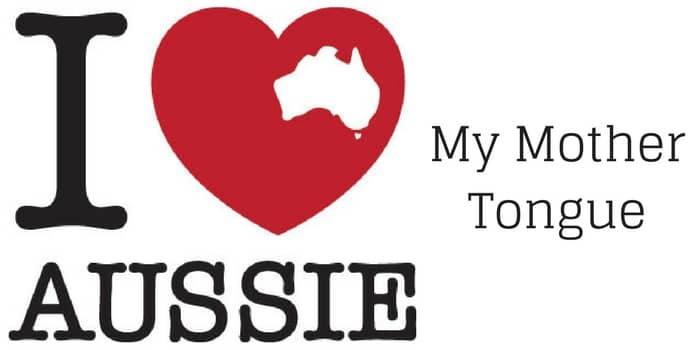
How do you choose a verb?
For those of you who are scribblers, do you ever stop and consider what verbs you are using? Or do you think about what verbs you are using? It is easy to
It is easy to surmise that verbs as grammatical, but I prefer to perceive them as vocabulary. I receive many emails each day and I get a load more messages and I’m always looking at what verbs people are using. I know, odd habit.
Vocabulary can add flair to any story, but it is the verb that does all the hard work in demonstrating action. So as a part of speech or a fragment of lexis, these little words really demand some attention. Probably the first consideration is in what degree of formality you are writing. The choice can be made easy as verbs in the English language can be divided into three main categories. Old English, French/Latin and Phrasal. Of
Probably the first consideration is in what degree of formality you are writing. The choice can be made easy as verbs in the English language can be divided into three main categories. Old English, French/Latin and Phrasal. Of course, there are other languages we have stolen verbs from, but let’s stick with the big three.
Verbs with their origin in Old English often convey informality as English was the ‘working class’ language in England up until the mid 19th century. So verbs such as go, get, let, can, ought, should, have and of course be are prime examples of English verbs. Up until English became the official language in England, French and Latin were used as the languages of choice for business, church and state. Therefore verbs such as receive, offer, prepare, verify, gain, profit, accord and imbibe sound more formal.
Therefore verbs such as receive, offer, prepare, verify, gain, profit, accord and imbibe sound more formal.
The last group are phrasal verbs and these really carry a sense of very low-level formality. Almost bordering on the grammatical vulgar. So using verbs such as get down, give up, look into, dine out, sex up, dish out, make up, look after and put up with will give your writing a feeling of very low formality.
The key point is to remember that mixing these three groups of verbs can disjoint a piece of text, so care should be taken.
‘He got up and slipped into a pair of jeans, then considered his future.’
Just doesn’t work, does it?




Excellent article.
I teach my middle school students that verbs – not adjectives – are the descriptive engine of the English language. Want to describe something? Look closely at the choice of verbs. Example:
She was sad as she walked slowly to the store and thought about her fate.
vs
She trudged to the store and worried about her fate.
Even my youngest students can intuit the difference between the sentences. And, what is best, they can implement this revision strategy to their own work in a fairly independent manner.
Thank you Rene. It was something I always drilled my students with as well. A clever choice of verb can reduce the clutter of adverbs, which is in my mind good English writing.